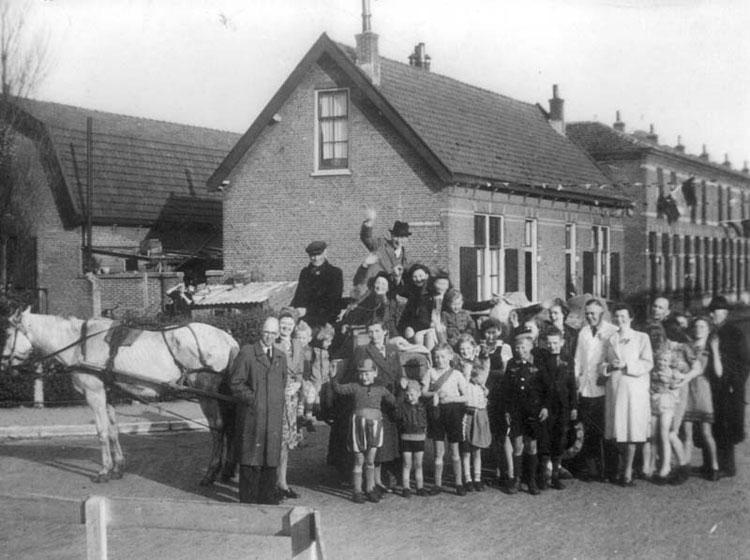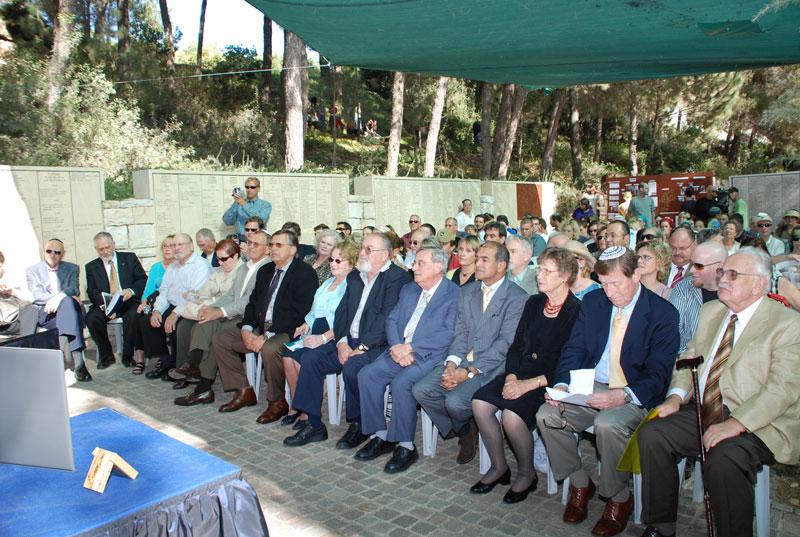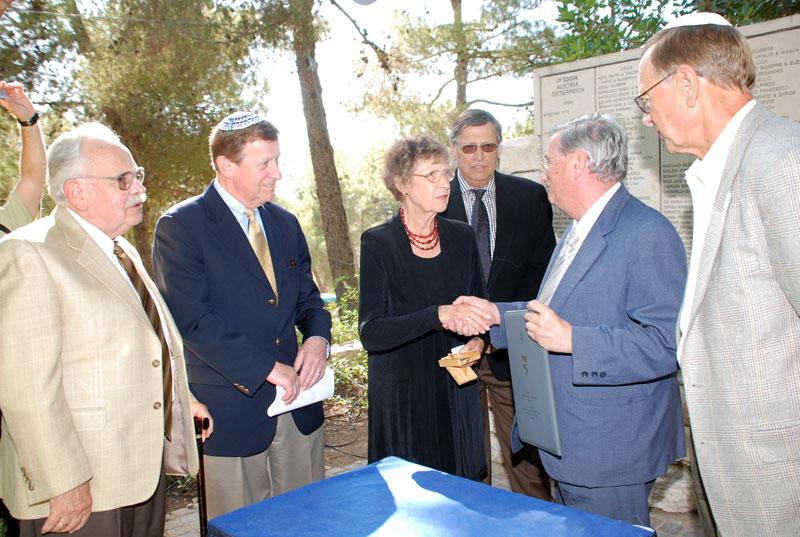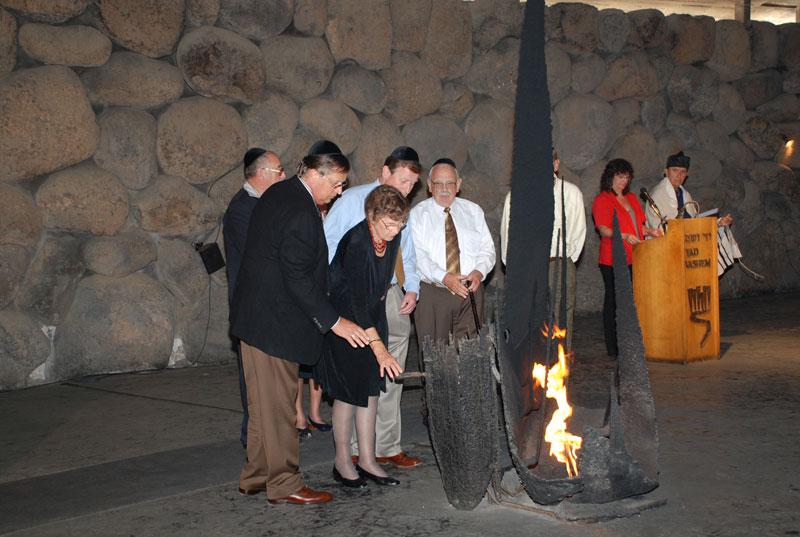







Sunday to Thursday: 09:00-17:00
Fridays and Holiday eves: 09:00-14:00
Yad Vashem is closed on Saturdays and all Jewish Holidays.
Entrance to the Holocaust History Museum is not permitted for children under the age of 10. Babies in strollers or carriers will not be permitted to enter.








Hendrikus (Hein) and Martha Snapper were both in their early forties when the war broke out in the Netherlands in May 1940. They lived with their six young children in Naaldwijk, a town in the western part of the Netherlands, halfway between The Hague and Rotterdam. Hein was in charge of the local labor exchange, while Martha was at home taking care of the children and the household.
Because of his position within the official local bureaucracy, Hein was confronted at an early stage with the discriminatory measures against the Jews: the registration of all Jews, the expropriation of their property, and the expulsion of Jewish children from public schools. The mainstream looked the other way.
In the summer of 1942 a new and unprecedented stage in the persecution of the Jews began – the deportation to “the East” -- allegedly to forced labor. Hein decided to act. The bystander became a rescuer. With the full support of his wife Martha, he became active in a local underground group. Soon the Snappers were put in touch with a Jewish family. The de Hartogs from Rotterdam had received their summons to go to “the East” and were desperately trying to find a place to hide.
Hiding places were hard to come by since sheltering Jews meant putting one’s own life and that of one’s family – the Snappers had six small children – in danger of arrest and even death. Yet, defying all dangers, the Snappers decided to open their doors.
Hein and Martha took in Rosa de Hartog, the mother, who from then on became known as “Juf”. She was presented as the live-in housekeeper for the large Snapper family of eight. They arranged for neighbors to take in Rosa’s husband Levy (Leen), and their daughter Truus. Further hiding places were located for the other de Hartog children, Annie, Esther, Jacques and Salomon.
Despite the danger involved, both Leen and Truus would sneak over to the Snapper home to spend a few hours together with Rosa. Truus, and later Annie, would often stay for dinner at the Snappers.
May 1943 saw the beginning of a massive recruitment of Dutch men between the ages of 18 and 45 for forced labor in Germany. Hein immediately destroyed personal data in the municipal registry, creating new forged documents. If discovered, this in itself would have meant concentration camp or death.
Sheltering a Jew meant embarking on a clandestine life, having fear of discovery as a constant companion for an unknown length of time. The Snappers’ resolve didn’t waver even when in the course of 1944, a number of German soldiers were billeted in the Snapper home. The Snappers did not panic and allowed Rosa to stay on. The daily stress this must have put Hein and Martha Snapper under can only be imagined.
Having to feed 9 people during the last winter of the war, 1944-1945, the so-called Hungerwinter became especially difficult, since the west of the country’s food supply, electricity and gas were cut off. Many survived on flower bulbs and even more starved to death. Still Rosa was allowed to stay on. Martha even managed to somehow convince the German soldiers, who had their own food stashed in a locked room, to set some aside for her children!
Fortunately the real identity of “Juf” was never detected and the de Hartogs all survived the war in their respective hiding places until the liberation in May 1945. After the war Hein Snapper received special recognition from Prince Bernhard for his resistance activities. Already in 1946, before the establishment of the State of Israel, the de Hartogs planted trees for the Snappers as a token of their gratitude.
On December 10, 2006, Yad Vashem recognized Hendrikus (Hein) and Martha Snapper as Righteous Among the Nations.

Thank you for registering to receive information from Yad Vashem.
You will receive periodic updates regarding recent events, publications and new initiatives.

"The work of Yad Vashem is critical and necessary to remind the world of the consequences of hate"
Paul Daly
#GivingTuesday
Donate to Educate Against Hate


Worldwide antisemitism is on the rise.
At Yad Vashem, we strive to make the world a better place by combating antisemitism through teacher training, international lectures and workshops and online courses.
We need you to partner with us in this vital mission to #EducateAgainstHate
The good news:
The Yad Vashem website had recently undergone a major upgrade!
The less good news:
The page you are looking for has apparently been moved.
We are therefore redirecting you to what we hope will be a useful landing page.
For any questions/clarifications/problems, please contact: webmaster@yadvashem.org.il
Press the X button to continue



